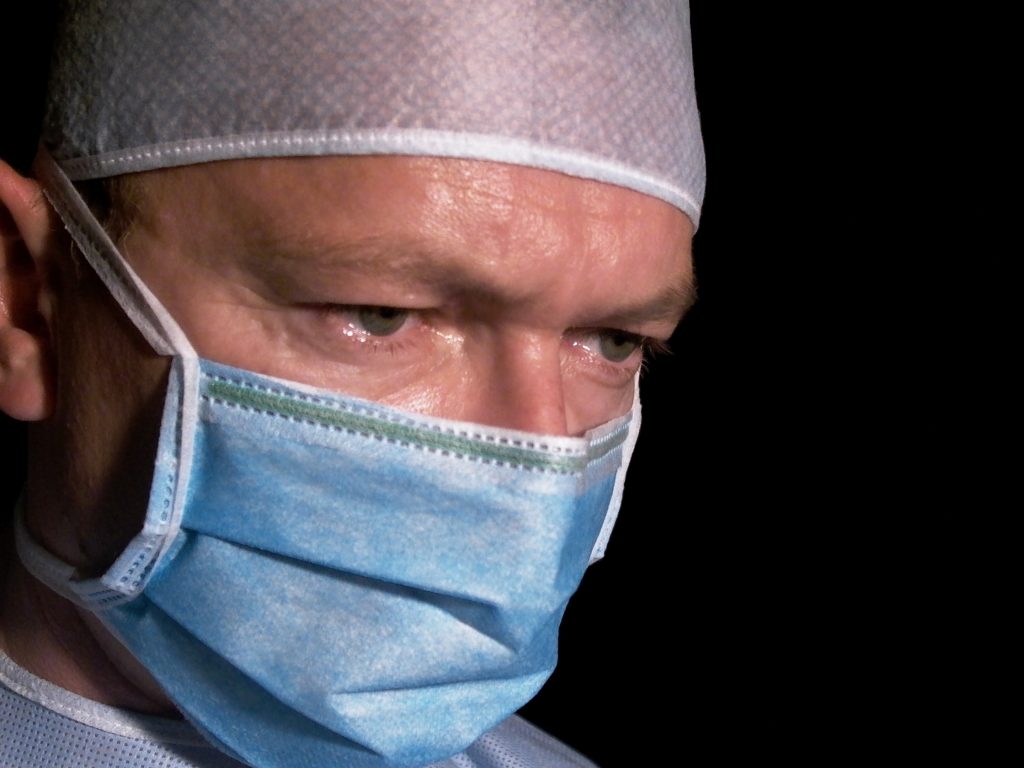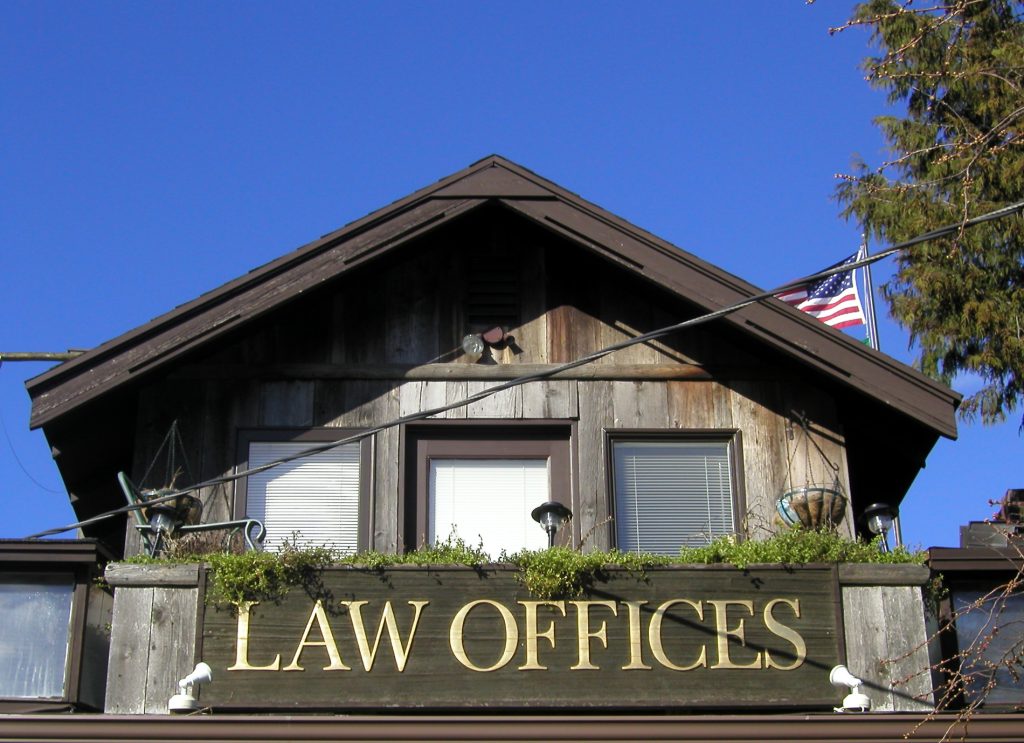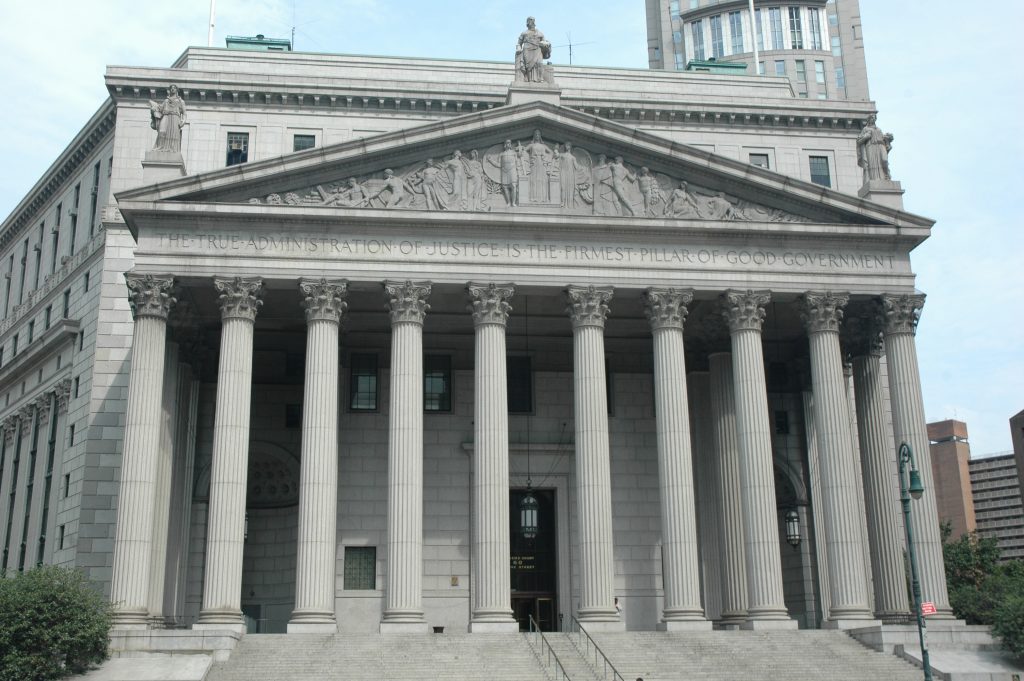 Doctors – we literally put our lives, and the lives of our loved ones, in their hands. It is the most frightening feeling to know that your loved one is in surgery, the possibility of death or complications is always imminent, no matter how small or standard of a surgery. This feeling of fright often turns to anger and pain once someone has lost a loved one. Especially, where we believe the death is due to the negligence of the very doctor we put in control of the fate of our lives.
Doctors – we literally put our lives, and the lives of our loved ones, in their hands. It is the most frightening feeling to know that your loved one is in surgery, the possibility of death or complications is always imminent, no matter how small or standard of a surgery. This feeling of fright often turns to anger and pain once someone has lost a loved one. Especially, where we believe the death is due to the negligence of the very doctor we put in control of the fate of our lives.
In this case out of LaSalle Parish, Edith Blackshear died a week after having a percutaneous endoscopic gastrostomy (PEG) tube replacement surgery performed by Dr. Eulogio Tan at Hardtner Medical Center. A PEG tube is commonly known as a feeding tube. Rodney Blackshear, the son of Ms. Blackshear, brought a medical malpractice lawsuit on behalf of his deceased mother and himself. A jury trial was conducted on the matter and the jury found that Dr. Tan had breached the standard of care while treating Ms. Blackshear, but that he did not cause harm to her. Mr. Blackshear appealed the verdict, but the Louisiana Third Circuit Court of Appeal affirmed the lower court’s decision.
Ms. Blackshear was eighty-four years old and a nursing home resident. When she had pulled out her PEG tube, she was treated by Dr. Tan, an emergency medical physician at Hardtner. Dr. Tan conducted a physical exam of Ms. Blackshear, where she had normal vital signs, was not in any distress, had a soft and tender abdomen, and had a normal heart rate and respirations. Dr. Tan did not confirm how long the PEG tube had been in place, or when Ms. Blackshear had pulled it out. Dr. Tan merely replaced the PEG tube, he set forth that he had used a clinical method to ensure the placement was proper, but this was not documented in medical records.
 Louisiana Personal Injury Lawyer Blog
Louisiana Personal Injury Lawyer Blog





 In filing any petition for damages before a court, timing is critical. And similarly critical is the clear articulation of one’s legal and factual complaints. Failure to timely and clearly raise a particular legal issue risks dismissal by the court. Defendants in litigation can and will use defensive pleadings known as “exceptions,” which seek to have a court dismiss a complaint or petition before the court considers it on the merits. The exception of prescription asserts that the plaintiff brought the claim after the period of time allowed by statute. The exception of prematurity asserts that a particular claim is not sufficiently mature or “ripe” for the court to hear it. A plaintiff in a recent case of the Louisiana Third Circuit Court of Appeal nearly risked the dismissal of his claims under these two exceptions.
In filing any petition for damages before a court, timing is critical. And similarly critical is the clear articulation of one’s legal and factual complaints. Failure to timely and clearly raise a particular legal issue risks dismissal by the court. Defendants in litigation can and will use defensive pleadings known as “exceptions,” which seek to have a court dismiss a complaint or petition before the court considers it on the merits. The exception of prescription asserts that the plaintiff brought the claim after the period of time allowed by statute. The exception of prematurity asserts that a particular claim is not sufficiently mature or “ripe” for the court to hear it. A plaintiff in a recent case of the Louisiana Third Circuit Court of Appeal nearly risked the dismissal of his claims under these two exceptions. In workers’ compensation cases, often times the court is presented with the conflicting testimony and evidence of several physicians. For example, an injured employee may see several doctors over the course of his or her treatment. He or she may see an initial treating physician, a specialist, and may latter be referred to a doctor of the employer’s choice. The testimony of these physicians will be presented in court, and relied upon by the parties in arguing their claims or defenses. The court may even appoint its own doctor to aid it in its assessment of the plaintiff’s injury. In weighing multiple opinions from treating physicians, the Workers’ Compensation Judge (“WCJ”) has wide discretion to credit one physician over another. Absent manifest error or clear wrongness indicated in the trial record, a court of appeal cannot reverse the WCJ’s findings, as discussed in a recent case from the Louisiana Third Circuit Court of Appeal.
In workers’ compensation cases, often times the court is presented with the conflicting testimony and evidence of several physicians. For example, an injured employee may see several doctors over the course of his or her treatment. He or she may see an initial treating physician, a specialist, and may latter be referred to a doctor of the employer’s choice. The testimony of these physicians will be presented in court, and relied upon by the parties in arguing their claims or defenses. The court may even appoint its own doctor to aid it in its assessment of the plaintiff’s injury. In weighing multiple opinions from treating physicians, the Workers’ Compensation Judge (“WCJ”) has wide discretion to credit one physician over another. Absent manifest error or clear wrongness indicated in the trial record, a court of appeal cannot reverse the WCJ’s findings, as discussed in a recent case from the Louisiana Third Circuit Court of Appeal. Often in a discussion of tort law, the determination of whether an environment is reasonably safe is left up to the trier of fact in a particular case. Often, the trier of fact is a jury who listens to the evidence of the case and returns a verdict about the cause of the plaintiff’s injuries. But how much discretion does a trier of fact actually have to determine the standard of reasonableness and whether or not the defendant breached this standard? A case from the Louisiana Third Circuit Court of Appeal discusses the standards by which an appellate tribunal must review a jury’s finding when the factual basis for the jury’s finding is called into question.
Often in a discussion of tort law, the determination of whether an environment is reasonably safe is left up to the trier of fact in a particular case. Often, the trier of fact is a jury who listens to the evidence of the case and returns a verdict about the cause of the plaintiff’s injuries. But how much discretion does a trier of fact actually have to determine the standard of reasonableness and whether or not the defendant breached this standard? A case from the Louisiana Third Circuit Court of Appeal discusses the standards by which an appellate tribunal must review a jury’s finding when the factual basis for the jury’s finding is called into question. What happens in Baton Rouge if your Lawyer does not file your lawsuit appeal on time? You could lose that appeal. The following case demonstrates that Louisiana Courts follow strict procedural rules when it comes to filing for request for new trial. The best lawyers in Baton Rouge know these rules, so choose your lawyer wisely.
What happens in Baton Rouge if your Lawyer does not file your lawsuit appeal on time? You could lose that appeal. The following case demonstrates that Louisiana Courts follow strict procedural rules when it comes to filing for request for new trial. The best lawyers in Baton Rouge know these rules, so choose your lawyer wisely. A case arising out of the State of Louisiana First Circuit Court of Appeal considers whether defendants should have been permitted to raise certain peremptory contractual exceptions in the trial court: namely, objections of prescription, peremption, no cause of action, no right of action, and a dilatory exception of vagueness. See
A case arising out of the State of Louisiana First Circuit Court of Appeal considers whether defendants should have been permitted to raise certain peremptory contractual exceptions in the trial court: namely, objections of prescription, peremption, no cause of action, no right of action, and a dilatory exception of vagueness. See  Summary judgments are procedural devices used when no genuine issue of material fact exist that should be litigated in a full trial. The burden of proving that there is no issue as to material facts is on the party who is seeking the summary judgment. Once the moving party establishes that no genuine issue of material fact exists, the burden then shifts to the opposing party to present evidence that indicates that there is in fact a dispute as to material facts. A recent lawsuit arising from Ascension Parish Louisiana discusses the standards used by courts to evaluate summary judgment motions.
Summary judgments are procedural devices used when no genuine issue of material fact exist that should be litigated in a full trial. The burden of proving that there is no issue as to material facts is on the party who is seeking the summary judgment. Once the moving party establishes that no genuine issue of material fact exists, the burden then shifts to the opposing party to present evidence that indicates that there is in fact a dispute as to material facts. A recent lawsuit arising from Ascension Parish Louisiana discusses the standards used by courts to evaluate summary judgment motions.